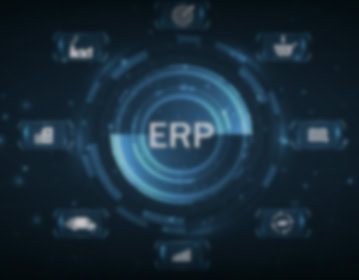
VMWare Licensing Changes Explained: How They Will Impact your IT Strategy
Broadcom’s acquisition of VMware has left perpetual license holders uncertain about what lies ahead. With VMware’s push to its subscription-based model, bundling of products and significant changes to its partner programs, IT and finance executives are being pressed to adapt quickly – whether by reallocating budgets or reevaluating their overall IT strategy Read on to […]

How Smart Utilities Leaders Are Rethinking ERP Vendor Mandates
From maximising the lifespan of existing infrastructure, to delivering on sustainability goals and improving services for customers, utility companies face several well-publicised concerns. And the stakes are high, as the National Infrastructure Commission (NIC) estimates the UK needs an extra £25-35 billion per year of accelerated investment to enable the National Grid to deliver 50% […]

Will upgrading to Oracle Database 23ai be Worth It?
The arrival of Oracle Database 23ai promises exciting new features and capabilities. However, with most organizations still standardizing on Oracle Database 19c and extending the lifespan of their current databases, the upgrade may not be worth the hype. Navigating the decision to upgrade requires careful evaluation of the trade-offs and associated business impact. Consider if there is a genuine need for you to upgrade, will the new features justify the costs and the complexity of the upgrade process.

Rimini One brings harmony to Sunway’s IT team

What to Expect with Rimini Street Support and Services

Global Survey: How CFOs and CIOs partner for innovation, revenue, and results
In today’s dynamic business landscape, the relationship between CFOs and CIOs is critically important. Synergy between the roles is shaping the future of enterprise technology investments while driving innovation with a focus on revenue and results. While each role maintains distinct responsibilities, their paths frequently converge, and that nexus highlights their combined contribution to business […]

C-suite Imperatives: Evolving IT and Enterprise Investments

QI Group: Malaysian conglomerate details the value of Rimini Support™ for SAP

5 Best Practices for AI-Powered CRM Readiness
With the advent of Generative AI, CRM applications are better positioned to fulfill their promise of providing a 360-degree view of the customer. It can also facilitate automatic processes in sales, marketing, and services, while analyzing vast amounts of data to deliver predictive analytics on business outcomes and improved customer experience. Organizations are increasing their […]






